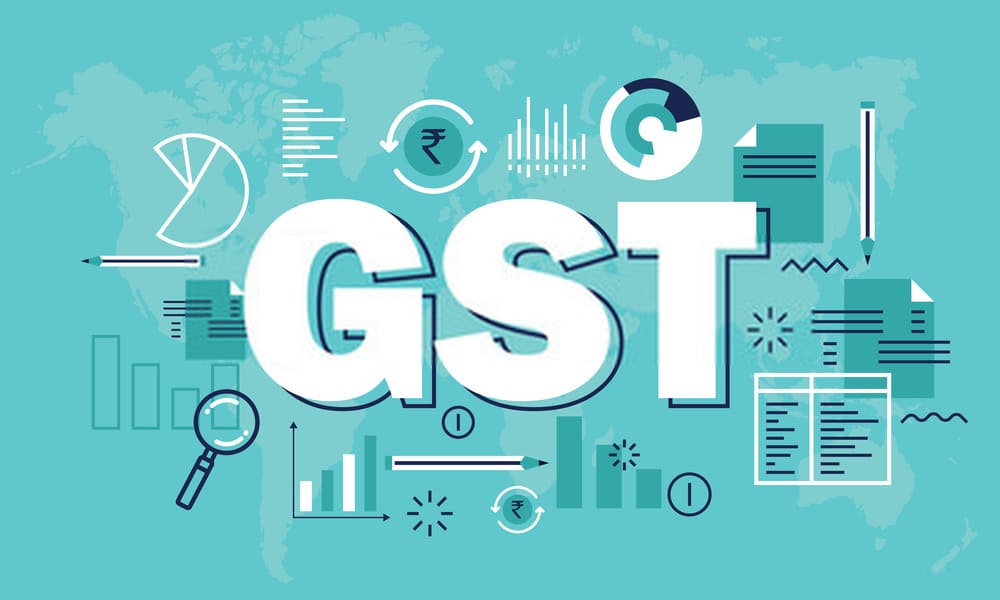The Government intends to introduce the Goods and Services Tax
(GST) at the earliest possible opportunity. GST will subsume many indirect
taxes at the Central and State level. It envisages a single taxable event,
i.e., supply of goods and services, taxed simultaneously by both the Centre and
the States. GST will be self-assessed destination based taxation system.
In any self-assessment system the submission and processing of
return is an important link between the taxpayer and tax administration. A Tax
Return is an important tool for: (i) Compliance verification by tax
administration; (ii) Providing necessary inputs for taking policy decision;
(iii) Management of audit and anti-evasion programs of tax administration; (iv)
Finalization of the tax liabilities of the taxpayer within stipulated period.
The GST Committee set up by the Government has proposed that there
will be common e-return for Central GST and State GST. Every registered person
is required to file a return for the prescribed tax period. A return needs to
be filed even if there is no business activity (i.e.Nil Return) during the said
tax period of return. Total of Eight types of returns are proposed for assessee
depending on their nature of activities.
A new GST portal would come in place which will be common for all
assessee. The assessee would be required to file Returns only through
electronic modes. This proposal will create hassle for people doing business in
remote areas where internet is yet to reach. Also, people who are not tech
savvy, will be required to take help of professional for return filing.
One proposal made by the committee is that there would be no
revision of returns. Now this may turn out to very unpopular and impractical
move. If a person has committed a mistake, he must have some option to correct
it within reasonable time. At present, Service Tax, Income Tax, VAT laws allows
revision of return. Thus, such proposal if accepted, it will create unnecessary
litigation and altercation between trade and tax department.
After the GST Return has been uploaded onto the GST Common Portal,
the automated system will undertake the following activities: (i) Acknowledge
the receipt of the return filed by the taxpayer (ii) Forward that GST Return to
tax authorities of Central and appropriate State Govt. (iii) The Input Tax
Credit will be confirmed to purchasing taxpayer in case of matched invoices.
(iv) Communicate to the taxpayers through SMS/e-Mail, about the macro results
of the matching. Reversal will also take place where credits are not matched.
The proposal to deny the credit due to invalid returns filed by
counterparty supplier is a regressive step. It is not possible to verify or to
control returns and details submitted every vendor. Historically, small
assessee constitutes large numbers of taxpayers, and they are not impeccable in
the compliance of taxes. This was the reason for bringing RCM in various
sectors. Now to deny credit of assessee because of fault of his input or input
service supplier seems bit harsh. Let us hope that new taxation system irons
out its flaws before it is administered.
